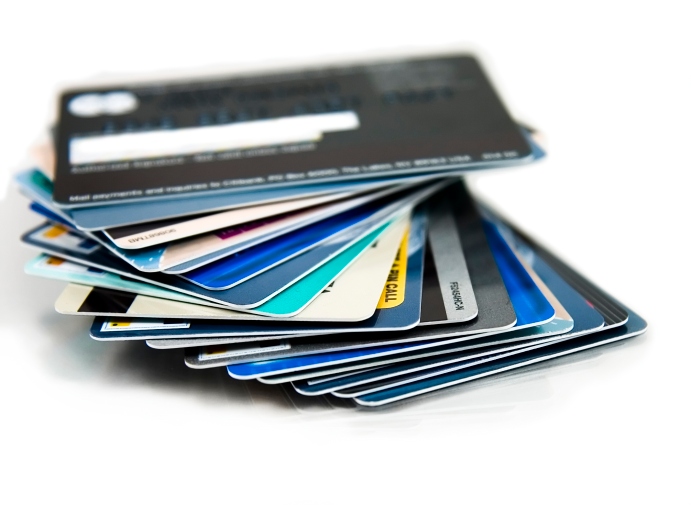Banking, finance, and taxes
Lower Credit Card Debt Hurts Consumer Credit Report
Published:
The Federal Reserve has reported that consumer credit in March rose by only $8.0 billion. Bloomberg was calling for consumer credit to rise by $15 billion, but today’s Fed report was worse than all estimates as the Bloomberg range from economists was $10 billion to $20 billion. Perhaps the biggest news is that consumers cut their credit card debt.
Revolving credit fell by $1.7 billion, which is lower credit card usage among consumers. With this being March data, that coincides with the time that many indicators about sales and confidence were softer than they have been in the last few more recent and more positive reports.
Consumer non-revolving credit was up by $9.7 billion in March, a trend that car loans and student loans were higher. If this was due to car loans that will be net good, but it is no secret that rising student loans are not exactly any good expansion of the credit base.
This Fed report is not so soft that it will tank the stock market, but it is not strong enough to give the bulls any new ammunition they did not already have as a reason to go buy more stocks either. The S&P 500 is up almost 8 points at 1,625 and the DJIA is up 80 points at 15,049 with about 30 minutes before the closing bell.
Retirement planning doesn’t have to feel overwhelming. The key is finding expert guidance—and SmartAsset’s simple quiz makes it easier than ever for you to connect with a vetted financial advisor.
Here’s how it works:
Why wait? Start building the retirement you’ve always dreamed of. Click here to get started today!
Thank you for reading! Have some feedback for us?
Contact the 24/7 Wall St. editorial team.